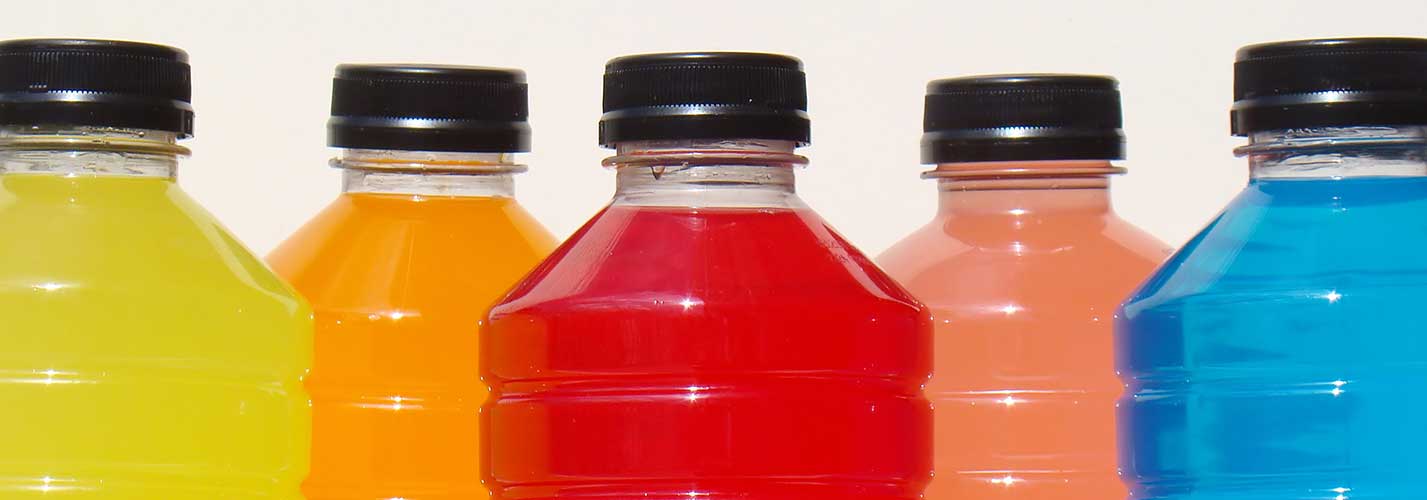Are Athletes Drinking Too Much Water?
Do you spend hours in the gym or training for a sport? Are you struggling to drink more water? If you’re already well hydrated, it’s no need for extra fluids. Drinking too much water is just as dangerous as not drinking enough. Yet, most people drink beyond thirst during exercise in order to meet their daily fluid requirements.
How Much Water Is Too Much?
Water makes up about 70 percent of the human body. Every tissue needs this fluid to survive. Every day, you lose water through sweat, urine, breathing, and other bodily functions. Thus, it’s essential to replace lost fluids and stay hydrated. Even the slightest dehydration can lead to fatigue, decreased athletic performance, brain fog, headaches, arrhythmia, fainting, and difficulty breathing.
The minimum recommended intake of water is two and a half liters or eight glasses a day. The more active you are, the more water you should drink, at least in theory. The truth is that fluid requirements vary from one person to another. Contrary to popular belief, it’s unneccesary to drink water all day long to prevent dehydration. This can actually negativity affect your health, leading to hyponatremia or water intoxication.
Drinking too much water dilutes the sodium content of your blood, causing muscle spasms, cramping, irritability, low energy, tiredness, nausea, and vomiting. In severe cases, it may lead to seizures, coma, and even death. Hyponatremia is common among athletes and individuals engaged in high-intensity activities, such as marathons and triathlons. Certain medications, such as antidepressants and pain relievers, increase the risk too.
Depending on its severity, this condition can be acute or chronic. Acute hyponatremia is characterized by a sudden drop in sodium levels, which may lead to brain swelling and coma. Chronic hyponatremia occurs when sodium levels gradually drop over a period of two days or longer. Its complications are less severe.
So How Much Water, How Often?
Research indicates that drinking more than one liter of fluids per hour may cause dilutional hyponatremia. Ideally, athletes should not exceed 500 -750 milliliters per hour for intense activities performed in hot weather conditions. Other studies suggest a fluid intake of up to 200 milliliters every 15 to 20 minutes of exercise. Just like everything else, balance is the key. Remember that fluid requirements depend on a variety of factors, such as the type and duration of activity, age, body weight, and climate.
Some athletes may be tempted to consume sports drinks instead of water to prevent electrolyte imbalances. Unfortunately, these beverages are anything but healthy. Most sports drinks contain large amounts of sugar, additives, and artificial flavors that affect overall health. The extra sugar causes insulin and blood sugar spikes followed by crashes. It also increases the risk of diabetes, obesity, metabolic syndrome, and insulin resistance.
While it’s true that sports drinks contain electrolytes like sodium and potassium, it doesn’t mean they are good for health. Consuming sugar after exercise affects the release of human growth hormone and lowers insulin sensitivity. Sugar-free brands aren’t better either. In general, they contain high fructose corn syrup, sucralose, and other artificial sweeteners that mess up your hormones and cause digestive problems, blood sugar spikes, tooth decay, and fragile bones. Water is your best bet. If you’re not sure how much to drink, listen to your body and let thirst be your guide.
Sources
Drinking Too Much Water Can Be Deadly: New Guidelines On Healthy Water Consumption Warns Against The Wrong Amount By Samantha Olson
Hyponatremia : Diseases and Conditions
http://www.mayoclinic.org/diseases-conditions/hyponatremia/basics/risk-factors/con-20031445
Athletes: The Importance of Good Hydration
http://fitness.mercola.com/sites/fitness/archive/2012/07/13/athletes-drinking-too-much-water.aspx


